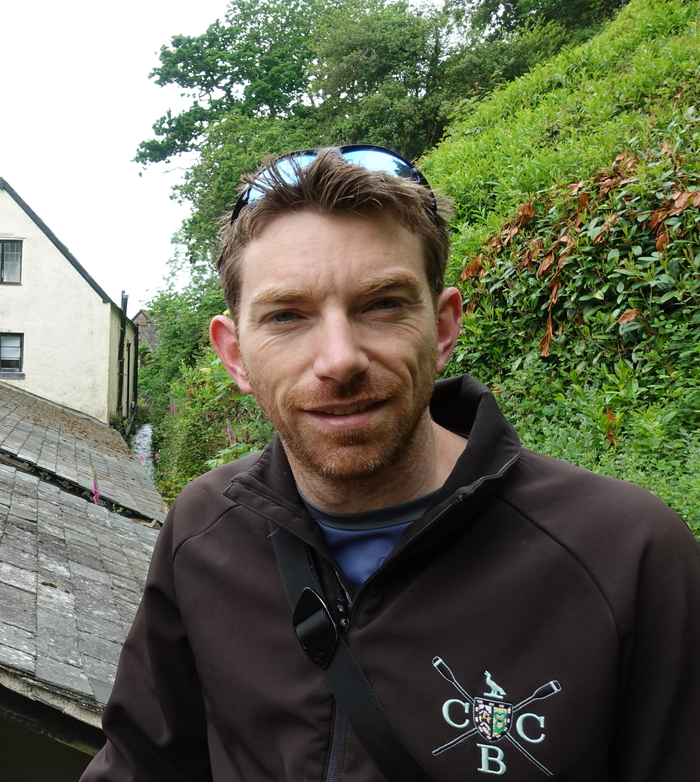

Tell us a little bit about yourself
I started as a Lecturer in Zoology at the University of Cumbria in 2024. I have been a zoologist for over 25 years, specializing in the fields of animal behaviour and behavioural ecology. I have been interested in animals and the natural world from an early age, and this is what led me to become a professional zoologist. I have since realized how important statistical modelling is for scientific research of all kinds, so I am also now a qualified statistician, and enjoy teaching these skills to students as an important part of their zoological and scientific training. I have previously been a lecturer at Anglia Ruskin University and Leeds University. I was drawn to Carlisle and the University of Cumbria, in large part, by the beautiful surrounding countryside and the unique opportunities this provides for teaching in the field.
What is your practice background
I worked for 6 years as a freelance statistical consultant, where I gained extensive experience applying my skills in statistical modelling to analysing a variety of datasets.
Tell us about your research
I am a leading researcher in the field of animal social learning, which studies how, why and when animals learn from one another. My research has involved many fascinating animals and behaviour patterns, including the spread of novel feeding techniques in humpback whales, handclasp grooming in chimpanzees, tool using in New Caledonian crows and the waggle dance in honeybees. See more about my research here.
What modules do you teach?
Much of my teaching is on my specialist topic of animal behaviour, leading the modules: Animal Behaviour, Behavioural Ecology and Behavioural Applications for Conservation. I am also interested in evolution; therefore, I lead the modules Animal Form and Function and Vertebrate Zoology. My lifelong interest in the natural world means I am also the leader of the British Wildlife module. I also contribute to several other modules where I teach statistical modelling techniques: Exploring Research and Professional Skills for Zoologists.
What makes your course different?
I like to integrate learning of a range of different skills with the material in my modules. For example, in Behavioural Ecology, we use agent-based models, a type of computer simulation, to investigate the evolution of different strategies for resolving conflicts among animals. This is combined with work in the field to investigate the evolutionary trade-off between vigilance and feeding. Students design their own behavioural study and carry it out at Levens Hall deer park.
What advice would you give to students considering studying on this course?
Almost all universities are in a big city, and yet this situation is not ideal for learning zoology, especially if your interest is studying animals in their natural environment. Most courses solve this problem by having one or more field courses away from campus. At Cumbria, we also have field courses. But given our situation surrounded by the Lake District, Pennines and Solway Firth, we are also able to get out into the field as a regular part of our “everyday” modules.
What’s your favourite thing about teaching at Cumbria?
My favourite thing about teaching at Cumbria is we teach in classrooms rather than in huge lecture theatres containing hundreds of students. This means we have a much closer relationship with the students. It also enables us to use teaching methods that engage the students much more than a plain lecture, such as seminars and group discussions. In many universities this does not happen until the 3rd year, or even Masters level, but at Cumbria that is how we teach all our undergraduates.
Interesting fact about yourself
I worked as a safari guide in the Makadikadi region of Botswana.
